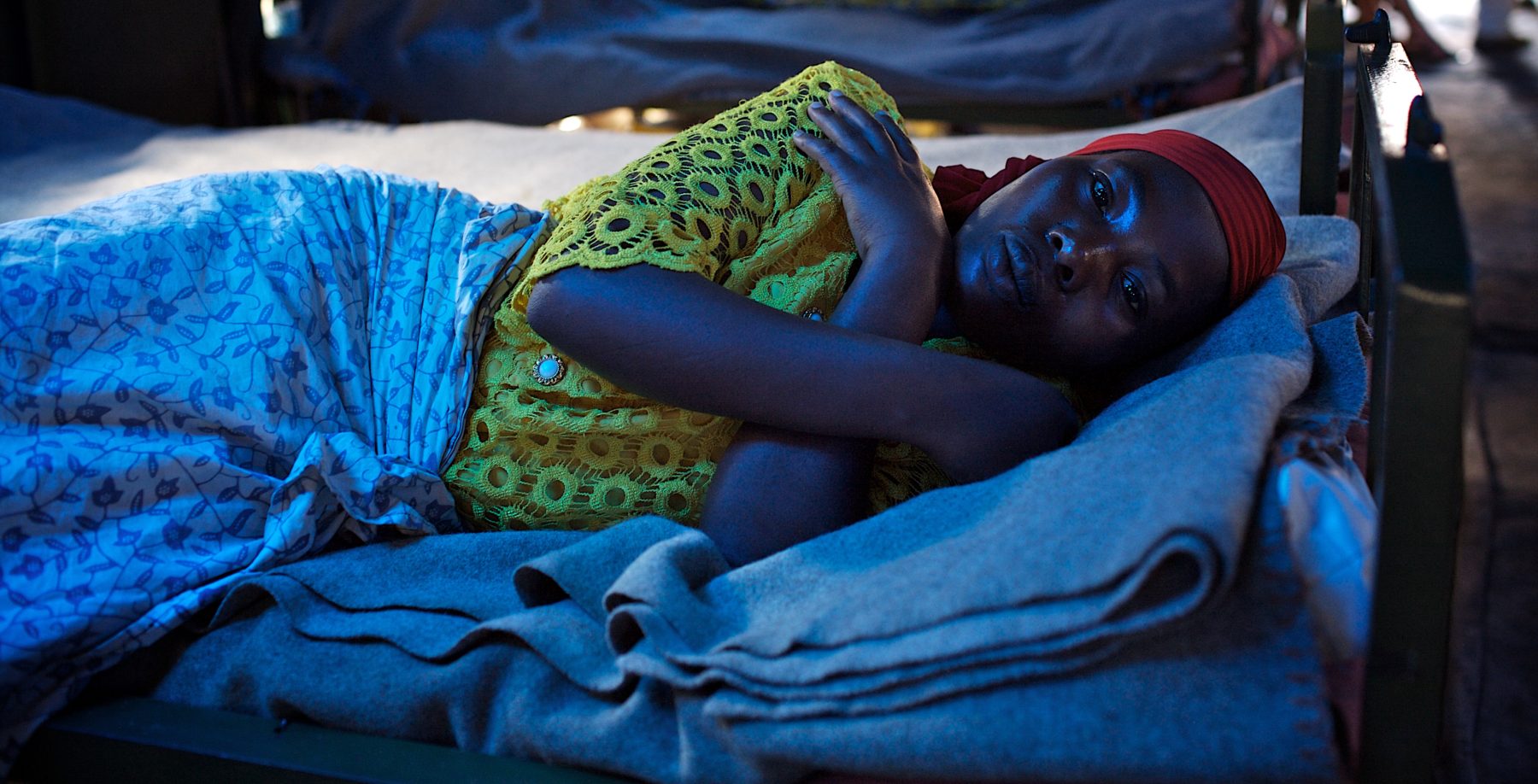Women and rape in the Congo
With the success of ‘No Page Three’ Campaign, feminist debates during One World Week and the election of a new Women’s Officer in the SU, issues surrounding women today were a central theme on campus last year. But it is worth bearing in mind the trials of women everywhere, and it is worth pushing forward with those feminist ideas into this year as well.
Did you know that the Democratic Republic of Congo has been engaged in various conflicts, including civil war, since 1981? Did you know that 5.4 million people have died in the conflict since 1998, half of which were children under 5? The conflict in the troubled region of the Congo has been largely underreported by the West, leading to a major lack of public awareness. While UN sanctioned peace agreements were signed in 2002, the region continues to be heavily troubled by rebel forces. Shockingly, the conflict has become synonymous with rape, gang rape, genital mutilation and sex slavery. Margot Wallström, UN Special Representative for Sexual Violence in Conflict has dubbed the Congo “the rape capital of the world” and UN figures have estimated that the epidemic has risen to a shocking level as 12% of women in the entire country have been raped at least once, which is equal to 1,152 new victims every single day or 48 an hour.
Rape is used as a weapon of war by both the National Army and rebel forces in order to divide communities and weaken families through the birth of illegitimate children and has even lead to victims being rejected and abandoned by their own families. It is also used to control the population through fear and dispel the soldiers’ own frustration at the deteriorating situation in the country. Women’s bodies are reduced to a commodity and this wide-spread issue is only increasing the levels of poverty and sexually transmitted disease, especially AIDS, in the Congo. Experts have explained that angry, hungry and traumatised soldiers have turned to rape as an outlet for their despair. Rape has become a daily reality for the citizens of the Democratic Republic Congo, as the perpetrators operate with complete impunity.
The Democratic Republic of Congo is over four thousand miles away from the UK, but this does not mean that we are powerless to aid the situation. During 2013, William Hague and the G8 discussed potential action plans to combat the rape crisis and many charities are already actively supporting the victims, and their families. One such charity is Women for Women International. Their education programmes in war-torn states, such as the Congo and Afghanistan, give some of the most vulnerable women in the world awareness of their legal rights and vital business skills in order for them to become financially stable, while offering a social support network. The charity has already supported 47,000 women through the programme in the Congo alone, 91% of whom have reported earning, and saving, an income. This gives women, and their families, the resources to rebuild their lives, escape poverty and begin to contribute to the creation of a safer post-war society.
As well as supporting women financially and emotionally, the charity also tackles the root social attitudes that condone rape by also running training programmes for men. One graduate said that “before receiving this training I viewed women as worthless. Especially as a soldier, I knew I could kill her and no-one would care. But this training is very important to me, now I understand that women are just as important as men in society.” Obviously, the rape crisis will not be solved overnight, but Women for Women International offers hope for the Congo, and other war-stricken countries, by supporting the victims and changing attitudes in future generations.
In the 1950s it was the Atomic bomb, in the 1960s it was the Intercontinental Ballistic Missile, and in the twenty-first century the latest weapon of mass destruction is the use of rape. Action must be taken against the systematic targeting of women and the subsequent destruction of their mental well-being, social safety, financial stability, self-worth and health.
If you do one thing during Women’s Week, help spread awareness of these atrocities and support Women for Women International Warwick.
Rape should not be a weapon of war.

Comments